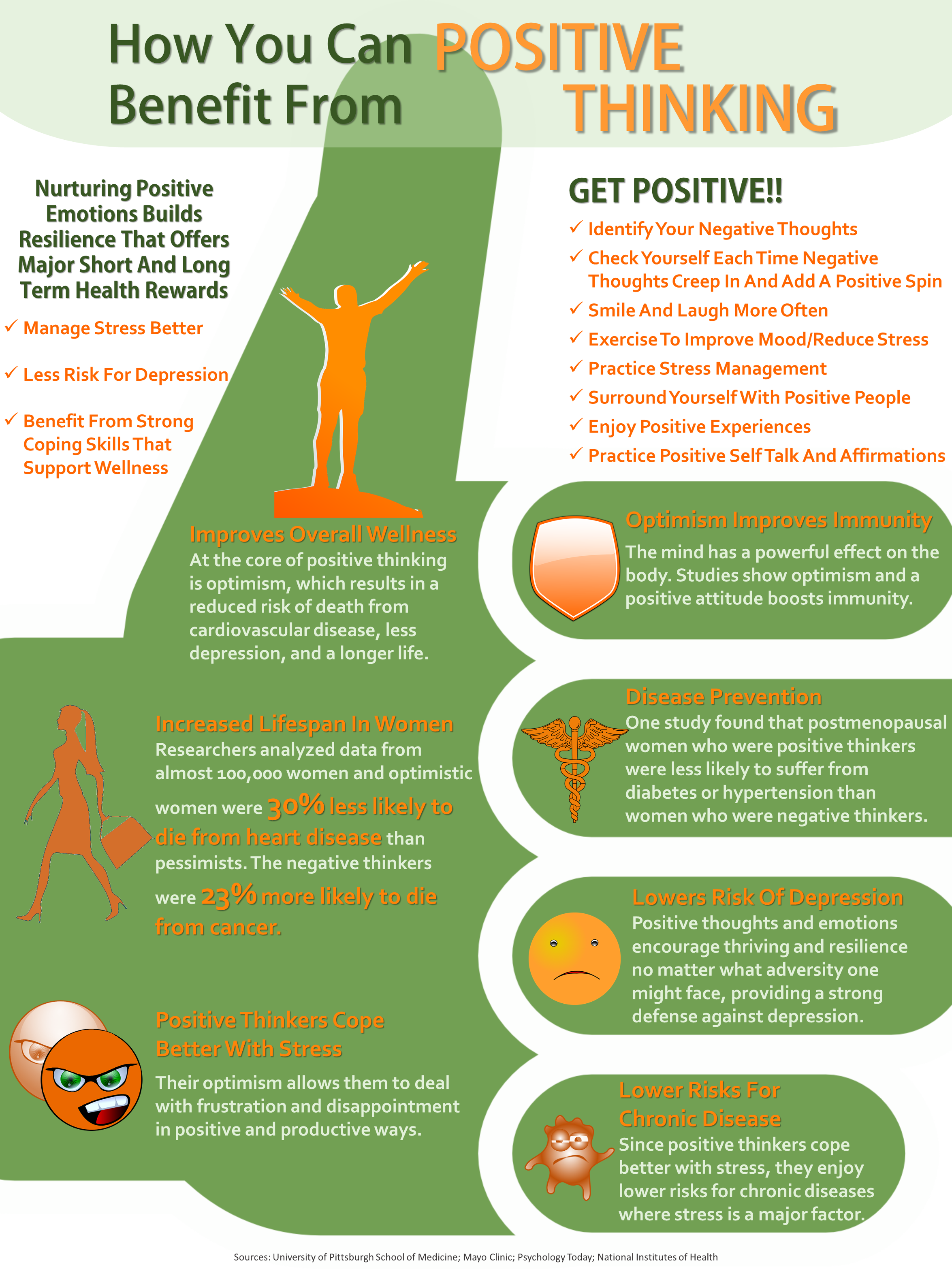


This is not your imagination - science is now providing evidence that people who "look on the bright side" are better able to cope with stressful situations and are living longer, happier and healthier lives than people who are negative. Do you know someone who always seems to have a smile on his face and shares a positive thought with you every day? For those individuals, hardships are often seen as learning experiences and even the most miserable day holds the promise that "tomorrow will probably be better."įor those of you who are optimistic, you may well feel that you experience more positive events in your life than others, find yourself less stressed and even enjoy greater health and other benefits of optimism. You can leave a comment, or trackback from your own site.GRAND FORKS AIR FORCE BASE, N.D. You can follow any comments to this entry through the RSS 2.0 feed. This entry was posted on Thursday, April 11th, 2019 at 12:36 am and is filed under Uncategorized. Applied social psychology: Understanding and addressing social and practical problems (2nd ed.). Journal of Loss and Trauma, 22(1), 61-76. Optimism and hope after multiple disasters: Relationships to health-related quality of life. 112-130, Chapter xiv, 351 Pages) Routledge/Taylor & Francis Group, New York, NY. Dunn (Ed.), Positive psychology: Established and emerging issues positive psychology: Established and emerging issues (pp. If we could try to be more positive and think optimistically more often, we may also obtain benefits that can improve our overall health and our perspective on ourselves as well as the world around us.īouchard, L. Throughout the course of our lives many of us will take on the characteristics of both being optimistic and pessimistic from time to time. Optimistic individuals make internal, stable and global attributions while pessimists make external, unstable and specific attributions to explain why bad things have happened (Schneider et al., 2012). Optimistic people are positive thinkers, as opposed to pessimistic people who are more negative natured. Lastly, optimism has been found to be associated with better work performance and positive adjustments both at work and in college (Schneider et al., 2012). People who are happier in their daily lives tend to have better moods regardless of their health and situational factors. There has also been a relationship found between optimism and mental and emotional health. As for Biomedical health, studies have found that optimism is related to better healthy lifestyle habits and behaviors. The quality of friendships also tends to be higher when optimistic individuals are involved. Research has found that optimistic partners in romantic relationships tend to have better relationship satisfaction and functioning.


Six of the benefits consists of romantic relationships, friendships, biomedical health, mental and emotional health, work and college. Overall, optimism adds several benefits to social psychology and to individuals. Individuals with optimistic personalities may also have better health throughout their life span overall (Cherry, Sampson, Galea, Marks, Nezat, Baudoin & Lyon, 2017). Optimism has been found to be a positive coping technique for survivors of disasters (weather storms and catastrophic events). One study that was conducted found that optimism is highly associated with positive mental health. Optimism itself has been associated with the pursuit of goals, the development of social networks/relationships and with physical and emotional well-being (Bouchard, Carver, Mens & Scheier, 2018). Optimistic people tend to be more persistent. The phenomenon is new to the scientific field, but it appears to be related to the field of positive psychology. The idea of optimism has only been scientifically studied for that last thirty years.
Advantages of optimism full#
They are always looking at a glass half full versus a glass as half empty (Schneider, Gruman & Coutts, 2012). Optimistic people believe that good things will happen soon and are always seeking out the positive in every situation. Scheier and Carver (1992) agree that optimism conveys the idea that individuals can identify with plans and objectives existing soon. In fact, optimism is extremely subjective. Many of the theories seem to have some commonalities, such as the idea that optimism doesn’t have much to do with objective characteristics of a situation or an event. Psychologists have examined optimism and have theorized it in several forms within the last few years.


 0 kommentar(er)
0 kommentar(er)
